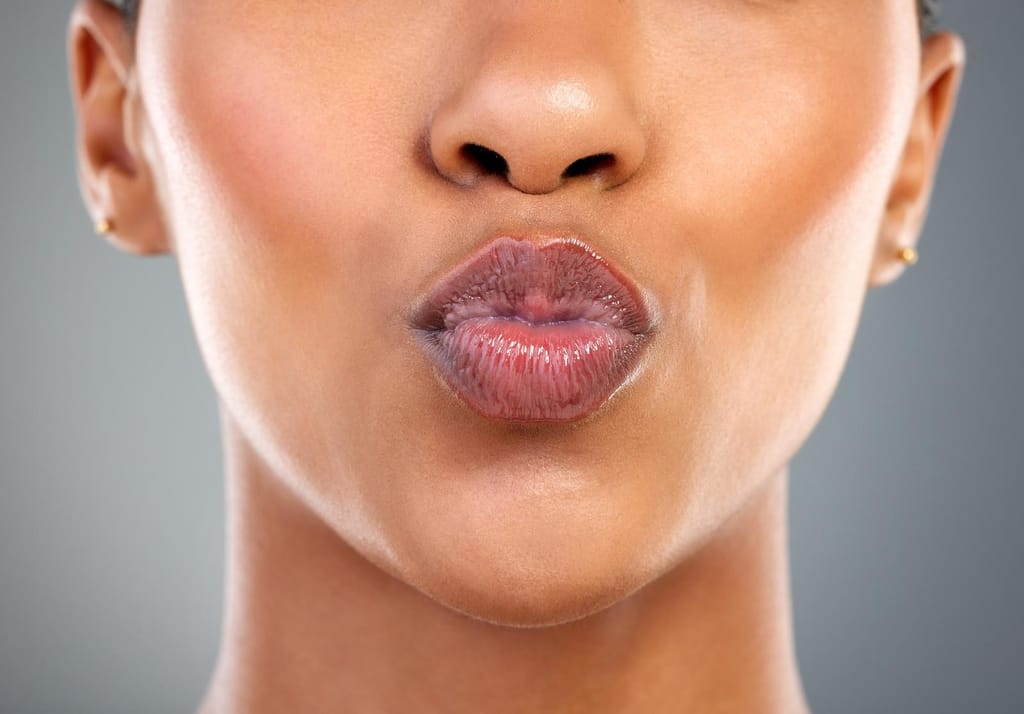How to prevent dry mouth while sleeping?
It can be quite unpleasant to have a dry mouth when you get up in the morning. This can be a sign of dehydration or the result of a medical condition. If you experience this problem, there are some steps you can take to wake up feeling refreshed and hydrated.

Strategies to tackle dry mouth
Sadly, having a dry mouth can make it difficult to get the restful sleep you need. Here are some techniques to help you get a better night’s sleep with this condition:
- Drink plenty of fluids throughout the day. Remaining hydrated can help keep hydrated and can reduce the risk of having a dry mouth at night.
- Avoid drinking alcohol and caffeine before bed. Both substances function as diuretics, which can lead to dehydration.
- Use a humidifier. A humidifier can help to add moisture to the air in your bedroom and make it easier to breathe. This can help to keep your mouth from becoming too dehydrated.
- Chew sugar-free gum or suck on sugar-free candy. Chewing a piece of sugar-free gum or sucking on a piece of candy can help to increase saliva production, which can help keep your mouth moist.
- Stay hydrated throughout the day. Drink plenty of water throughout the day and avoid sugary drinks that can cause dehydration.
- Sleep with your head elevated. Sleeping in this position can help by allowing saliva to flow more effortlessly.
- Use a mouthwash that contains xylitol, a natural sweetener that can help to stimulate saliva production. It can also reduce the risk of cavities and bad breath.
Following these tips can help you get a better night’s sleep even with a dry mouth. In addition, speak with your doctor if you are experiencing a persistent problem with this condition. A doctor will determine the underlying cause of your condition and make sure it is properly treated.
Conclusion
To prevent dry mouth while sleeping, it is important to drink plenty of fluids throughout the day, avoid caffeinated and alcoholic beverages in the evening, use a humidifier in the bedroom, and avoid tobacco and other substances that can cause dehydration. It is also important to practice good oral hygiene, including brushing and flossing your teeth, and using a tongue scraper or a mouthwash that contains xylitol. Finally, if you have a medical condition that may cause this condition, consult your doctor for treatment.
Reference
- Colgate. (2021, October 16). Dry Mouth At Night? Why You Shouldn’t Ignore The Symptoms. https://www.colgate.com/en-us/oral-health/dry-mouth/dry-mouth-at-night-why-you-shouldnt-ignore-the-symptoms
- Dry mouth treatment: Tips for controlling dry mouth. (2017, February 28). Mayo Clinic. https://www.mayoclinic.org/diseases-conditions/dry-mouth/expert-answers/dry-mouth/faq-20058424